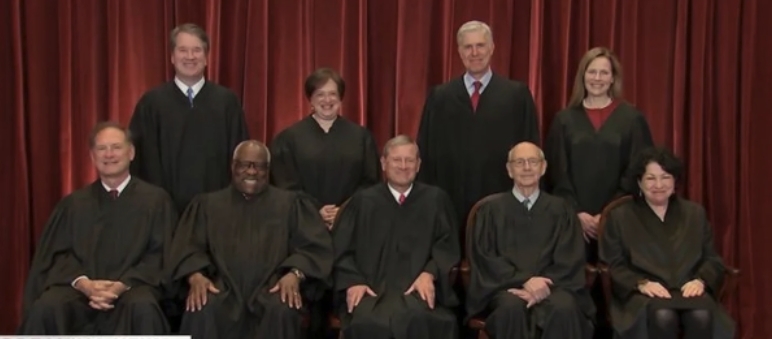
In this term, the Supreme court has issued two decisions that limit habeas corpus and the right to judicial review of unlawful detention. A third ruling treats the death penalty with a casualness that undermines the constitutional justifications for the punishment.
While this extremely narrow view of habeas corpus is being pushed by the legally incoherent rightwing of the Supreme court, in this instance they are finding legislative support in a bipartisan piece of legislation called the Antiterrorism and Effective Death Penalty Act from 1996.
The result is a procedural quagmire that’s more concerned with not clogging up the courts with habeas corpus petitions than with ensuring those who are executed are actually guilty.
The Antiterrorism and Effective Death Penalty Act (AEDPA) was passed during the “tough on crime” era of mass incarceration after the high crime rates of the 1980s and the 1995 Oklahoma City bombing.
It made the penalty harsher for a number of crimes, but it also limited the ability of federal courts to overrule state courts […]










